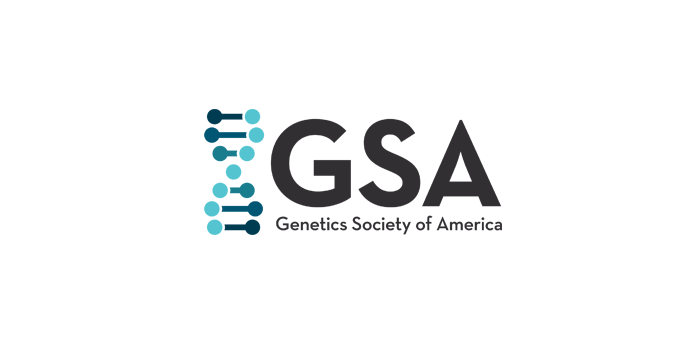Last Friday, I was made aware of an executive order being finalized by the White House that reportedly mandates immediate public access to journal articles describing federally funded research. If this policy were enacted as is, many scientific societies would have to severely cut their services to the scientific community, such as peer-reviewed journals, travel awards, career development, education, outreach, policy, scientific conferences, and advocacy for increased research funding.
On December 18, with the understanding that the Administration planned to issue the executive order within a week or two without public input, we joined many other societies in signing two letters to President Trump responding to this news. One was organized by more than 50 scientific societies and the other by the Association of American Publishers.
Rightly so, several GSA members have asked for more context, particularly since the text of the executive order has not yet been made public.
Individual societies differ in their own positions on open access — but all involved shared concerns about the speed with which the directive was to be enacted, with no input from scholarly societies. Executive orders are proclamations that need not follow the typical and inclusive process of legislation and gathering feedback. So these groups came together to petition the Administration. GSA’s goal in signing these letters was to persuade the Administration to consult with scientific societies, publishers, and scientists before issuing such an order, to better understand the potential unintended consequences.
I want to make clear that GSA supports open access, open science, and open data—we have for a number of years. In 2010, we implemented a robust open data policy that requires public access to the data described in articles we publish. In 2011, we launched an open access journal, G3: Genes|Genomes|Genetics. For sixteen years, nearly every GENETICS research paper has been published Early Online in a free-to-read format within a week of acceptance. For GENETICS articles, we offer an author’s choice open access option with a CC-BY license. All other articles are made freely available after 12 months. We have long supported preprints and were the first journals to partner with bioRxiv. Our digitized online archive (dating to 1916) has been freely available since 2004. In fact, 99% of GENETICS articles are free to read.
I hope our actions speak to the Society’s commitment to open science. We are also actively working on finding a way to transition all of our journals to fully open access publishing.
However, for now, the majority of GSA’s income is derived from subscriptions to GENETICS. Besides sustaining the journal, that revenue supports our travel awards, childcare grants, the wonderful Early Career Leadership Program and GENETICS Peer Review Program, and a variety of community-oriented offerings—not to mention subsidizing GSA conferences when they run at a loss. Subscription revenue also allowed us to launch G3 as an open-access journal and run it at a loss for a number of years while we established it.
As we plan for an open access future, we have been developing new initiatives to find replacement funds to maintain the journals and the Society’s programs: we are working hard to make our meetings self-sustaining; we are aggressively pursuing greater sponsorship and grant opportunities; and we have initiated a member fundraising campaign. But these efforts will take years to bear fruit. Running a Society without support from well-established foundations, funders, or large for-profit arms requires a sustainable business model.
Imagine, if you would, losing 60% of your lab budget overnight.
If GSA lost all subscription revenue next year, we would have no choice but to drastically cut our programs to avoid bankruptcy, making it impossible to effectively serve our community. Such a sudden change would have many other unintended consequences. It would make it challenging to enforce our data policy, which requires a staff member with a PhD to check every submitted article. It would put an end to GSA’s ability to innovate and experiment with new publishing models, or to invest in developing partnerships with model organism databases, preprint servers, data repositories, and other community organizations. Reduced staffing would increase the administrative and logistical burden on authors, reviewers, and editors, making it even more difficult for time-strapped scientists to do their essential work. It would put in jeopardy our ability to continue to publish our journals and advance the field.
We support the goals of open access. We also recognize the practical consequences of mandating it overnight.
That is why we acted so quickly and joined our fellow scientific societies in signing these letters to encourage policymakers to allow us to read and comment on any such executive order before it is enacted.
We would welcome the opportunity to provide feedback on proposed public access mandates and to suggest ways to make it easier for small non-profit publishers to comply. Robust policy decisions must be collaborative, transparent, and allow a reasonable timeframe for feedback. Thoughtful policy can only result from hearing from a diverse array of stakeholders, including in this case societies, scientists, publishers, and lawmakers, and considering the different ways a new policy might impact science and discovery.
Tracey DePellegrin
Executive Director, Genetics Society of America
Executive Editor, GENETICS and G3: Genes|Genomes|Genetics













